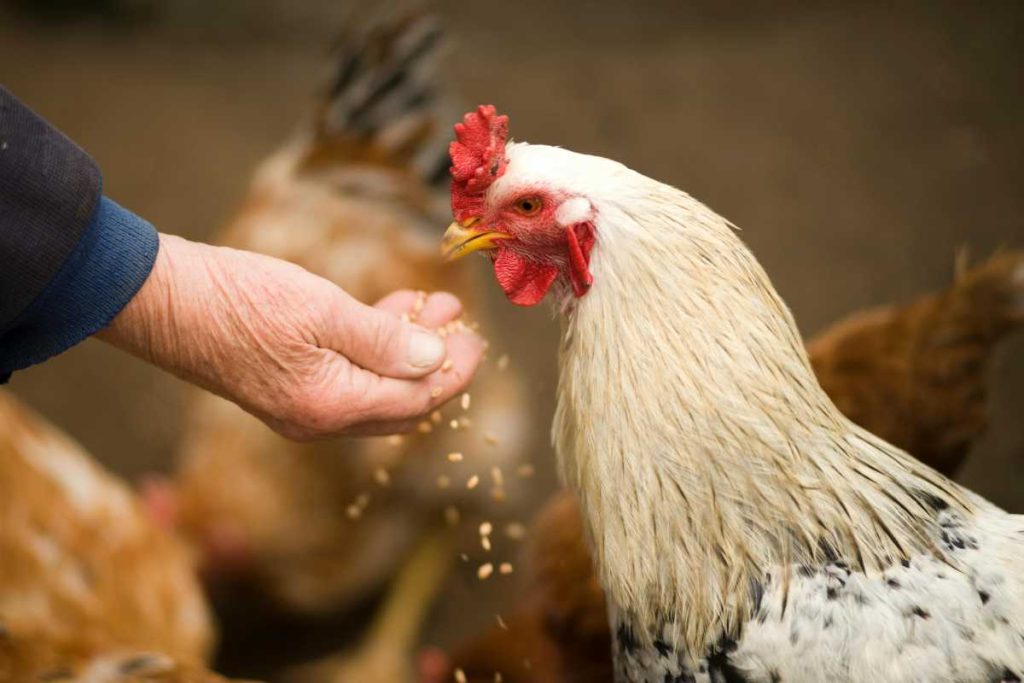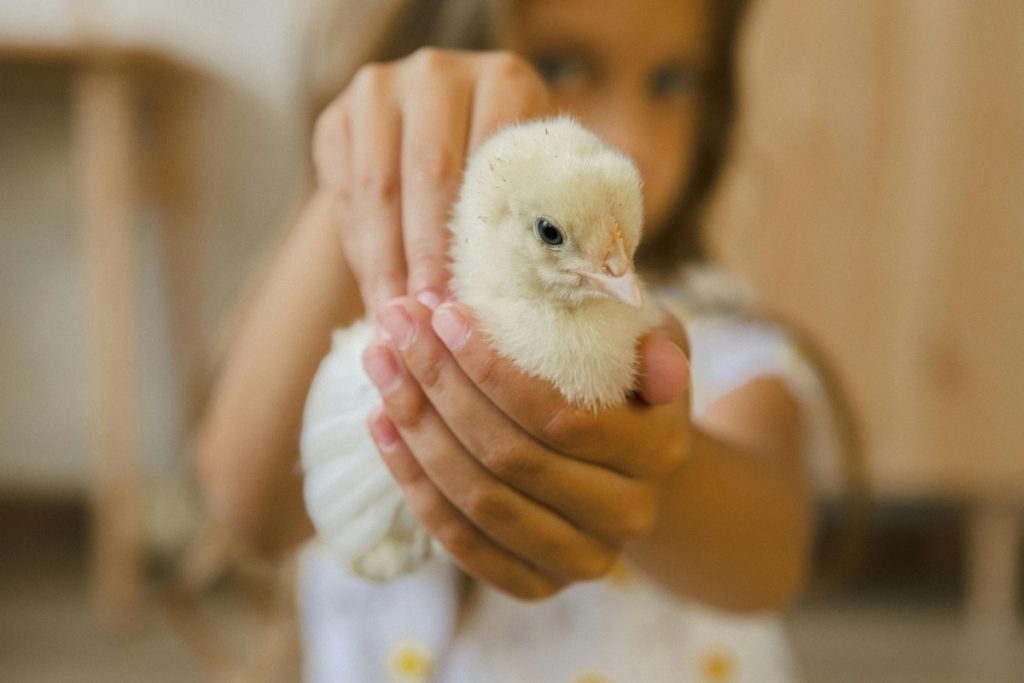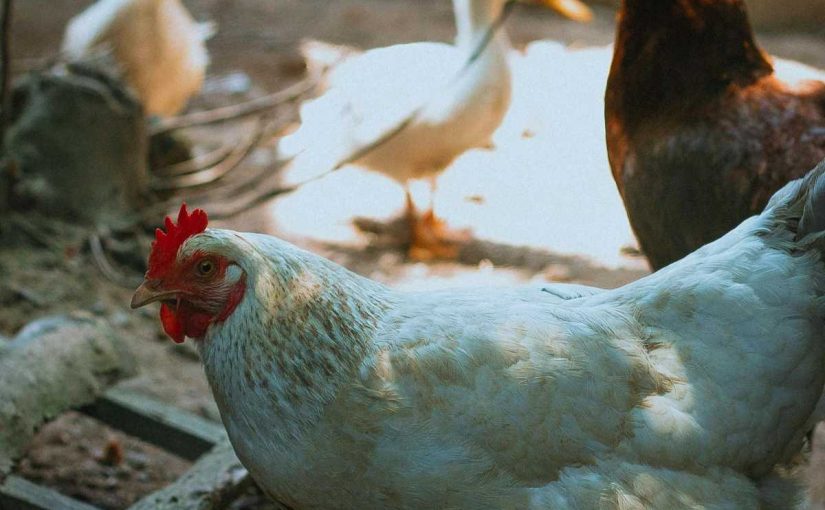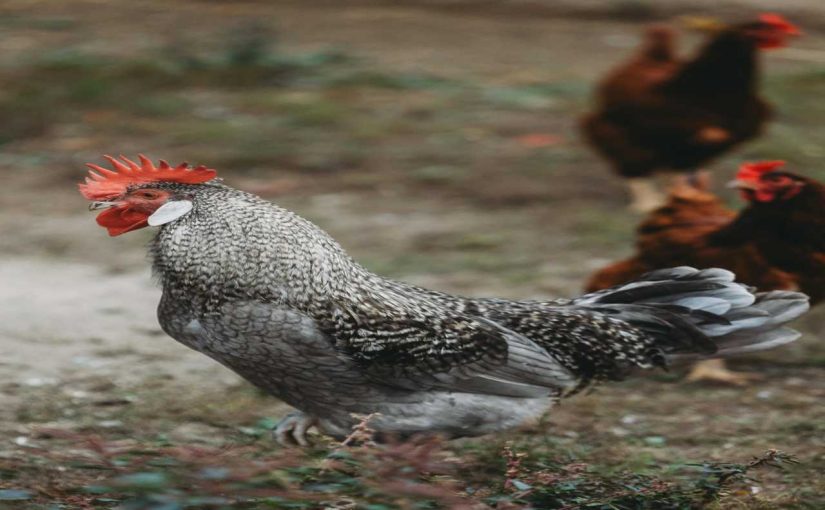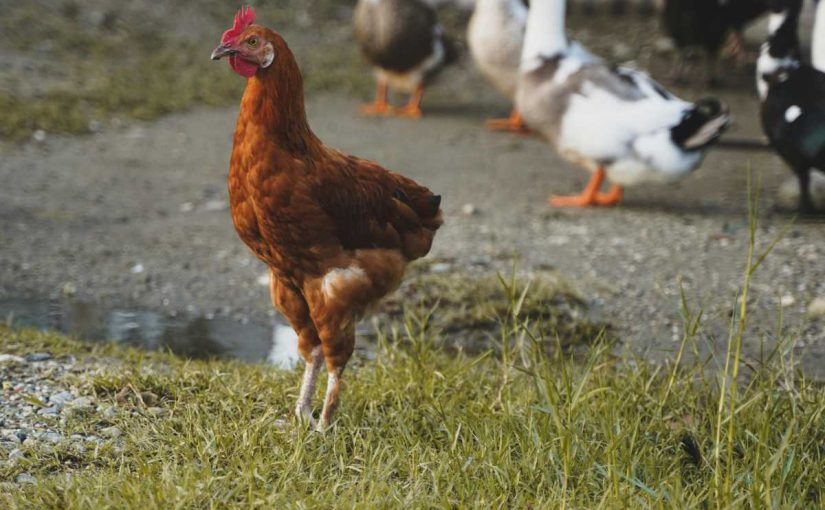Teaching kids about responsibility can be an enriching experience, and one of the best ways to instill this important value is through caring for animals. Chickens are not only fun to raise but also provide valuable life lessons in responsibility, empathy, and teamwork. Here’s a comprehensive guide on how to teach kids about responsibility through chicken care.
1. Start with Research
Why: Understanding the basics of chicken care lays a solid foundation for kids and emphasizes the importance of knowledge in responsible pet ownership.
How: Encourage kids to research chicken breeds, their needs, and the care they require. This can include reading books, watching videos, or visiting local farms.
Tip: Organize a family discussion where kids can share what they learned and ask questions.
2. Create a Care Schedule
Why: A structured schedule helps kids understand the daily responsibilities involved in caring for chickens and reinforces the idea of commitment.
How: Develop a weekly care chart that outlines tasks such as feeding, watering, cleaning the coop, and collecting eggs. Assign specific responsibilities to each child.
Tip: Use colorful charts or apps to make the schedule visually appealing and easy to follow.
3. Involve Kids in Coop Maintenance
Why: Keeping the chicken coop clean is essential for the health of the birds and teaches kids about hygiene and environmental responsibility.
How: Show kids how to clean the coop, change bedding, and ensure proper ventilation. Discuss the importance of a clean environment for the chickens’ well-being.
Tip: Turn coop cleaning into a fun activity by playing music or creating a friendly competition to see who can clean their section the fastest.
4. Teach Proper Feeding Practices
Why: Understanding the nutritional needs of chickens fosters a sense of responsibility and care for the animals’ health.
How: Explain the importance of a balanced diet for chickens. Show kids how to measure feed, provide fresh water, and include treats like fruits and vegetables.
Tip: Let kids create a feeding log to track what and when the chickens are fed, reinforcing the concept of routine.
5. Encourage Observation and Interaction
Why: Spending time with the chickens teaches kids to observe animal behavior and recognize signs of health and happiness.
How: Set aside time for kids to interact with the chickens, watching how they behave and what they need. Encourage them to note any changes in behavior.
Tip: Provide a journal for kids to document their observations, fostering a deeper connection with the animals.
6. Introduce Basic Health Care
Why: Teaching kids about chicken health care helps them understand the responsibilities involved in caring for living beings.
How: Discuss common health issues in chickens and how to spot them. Show kids how to check for signs of illness and explain the importance of regular vet check-ups.
Tip: Invite a veterinarian for a farm visit to talk about chicken health and answer kids’ questions.
7. Discuss the Life Cycle of Chickens
Why: Understanding the life cycle of chickens deepens kids’ appreciation for the animals and emphasizes the responsibilities associated with their care.
How: Teach kids about the different stages of a chicken’s life, from chick to adult. Discuss breeding and hatching if applicable.
Tip: Consider raising chicks to give kids a firsthand experience of the life cycle in action.
8. Encourage Teamwork
Why: Working together fosters communication and collaboration skills while teaching kids to share responsibilities.
How: Assign group tasks that require teamwork, such as building a chicken run or organizing feeding schedules.
Tip: Reward teamwork with a fun family activity, like a picnic or movie night, to celebrate their efforts.
9. Set Goals and Rewards
Why: Establishing goals helps kids stay motivated and feel accomplished when they meet them.
How: Set specific goals related to chicken care, such as collecting a certain number of eggs or maintaining a clean coop for a week.
Tip: Create a reward system that acknowledges their efforts, such as earning a special treat or privilege.
10. Reflect on Experiences
Why: Reflecting on their experiences helps kids internalize the lessons learned and recognize their growth in responsibility.
How: Set aside time for family discussions about what they learned through chicken care. Encourage kids to share their successes and challenges.
Tip: Use reflection prompts like “What was the hardest part of chicken care?” or “How did you feel when you accomplished your tasks?”
Final Thoughts
Teaching kids about responsibility through chicken care is a rewarding experience that instills valuable life skills. By engaging them in the various aspects of chicken husbandry, you help them develop empathy, commitment, and teamwork. Raising chickens together not only creates lasting memories but also empowers children with a sense of pride and accomplishment. So, gather the family, start your chicken-raising journey, and watch your kids thrive in their newfound responsibilities! Happy farming!
